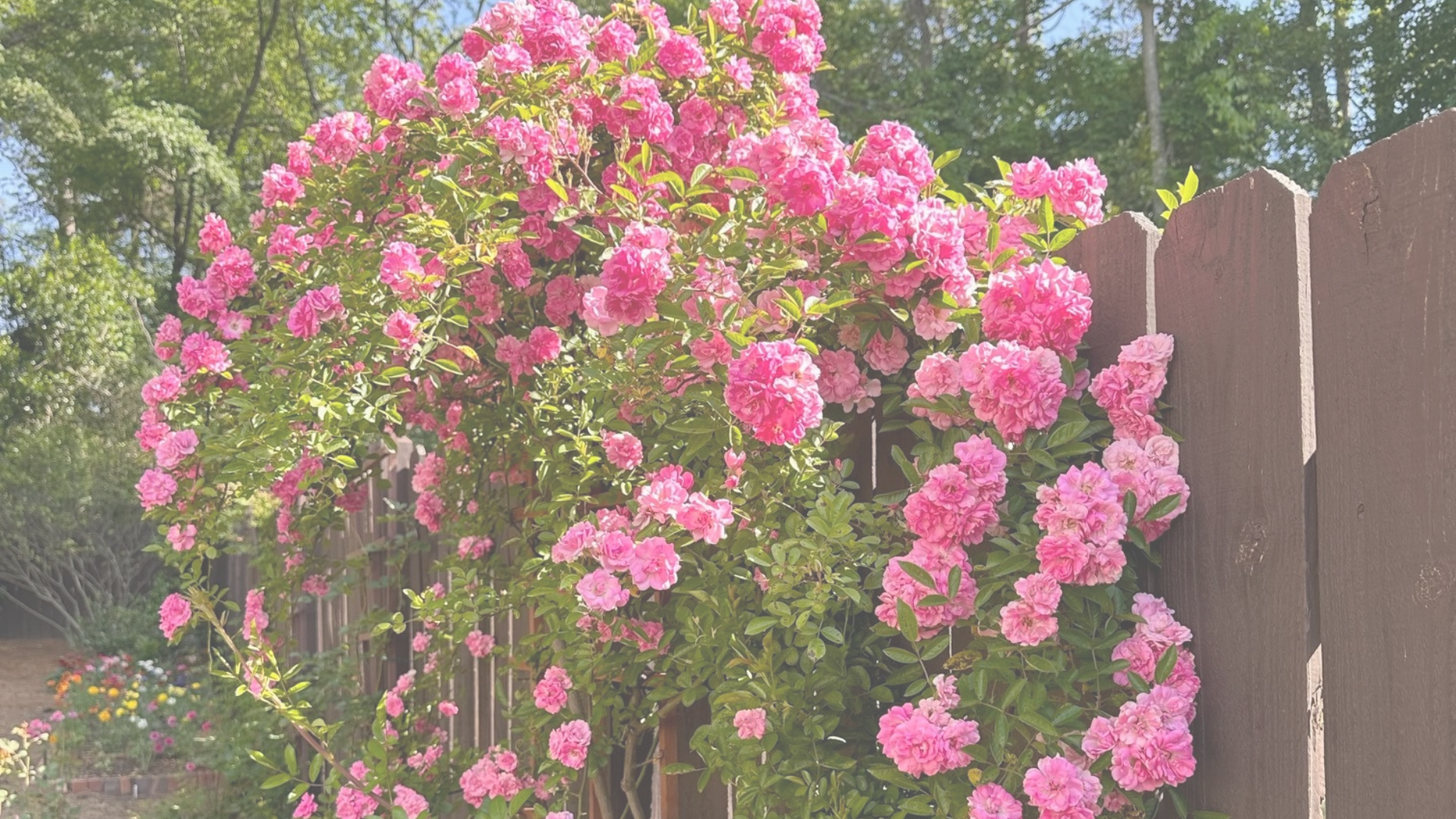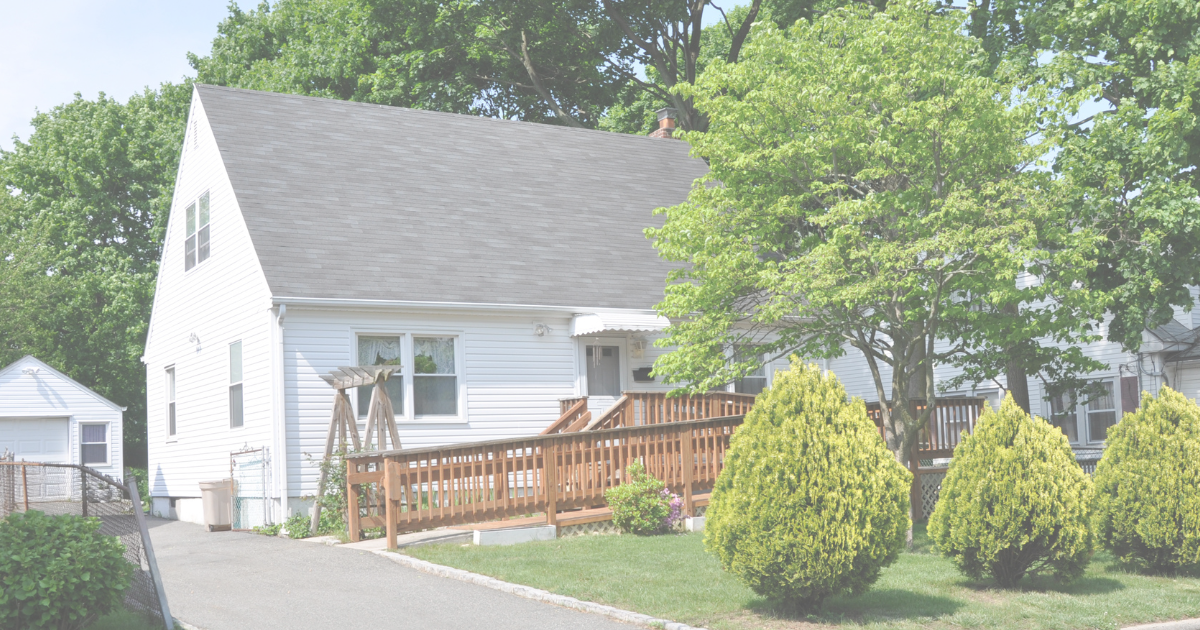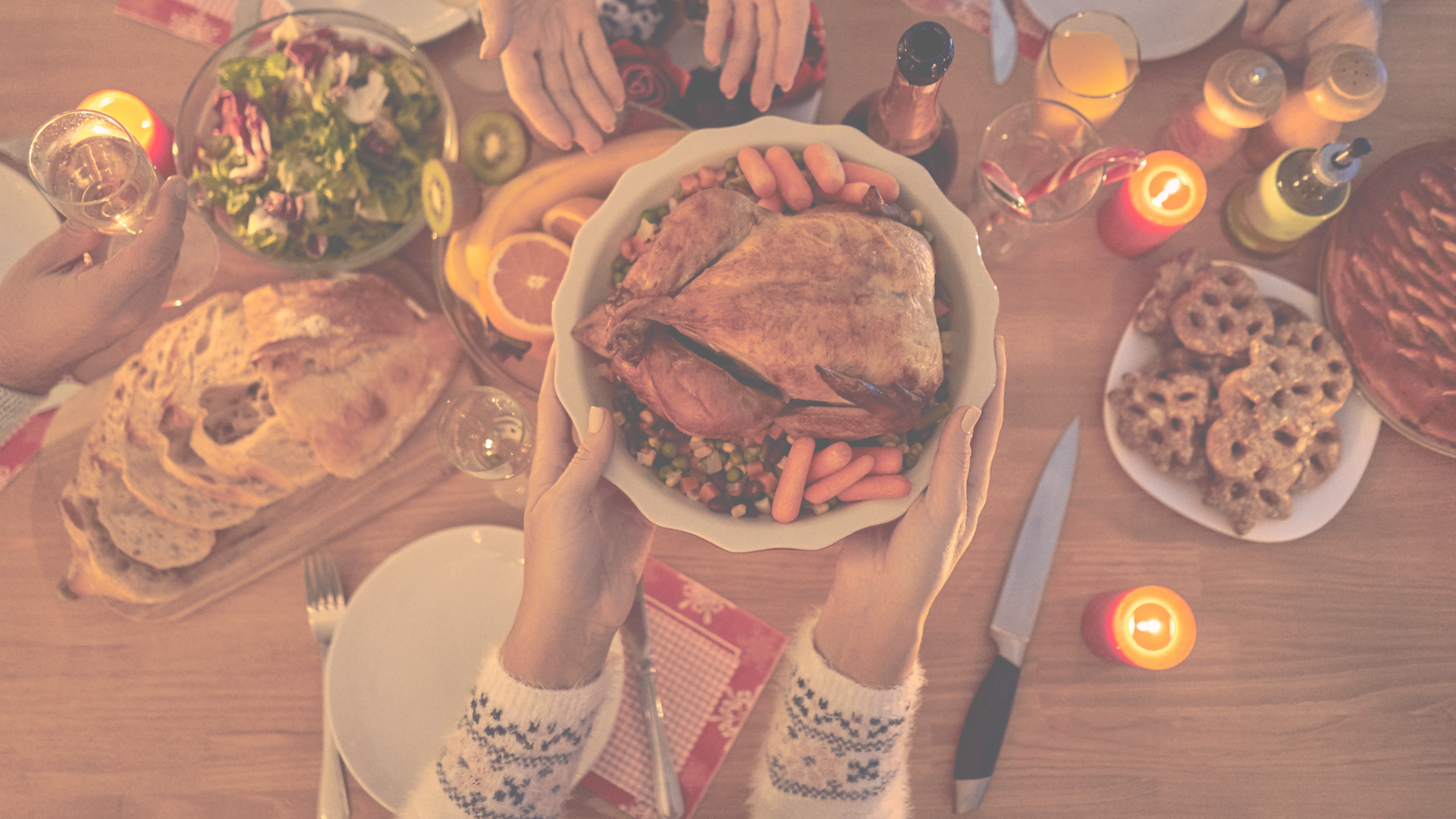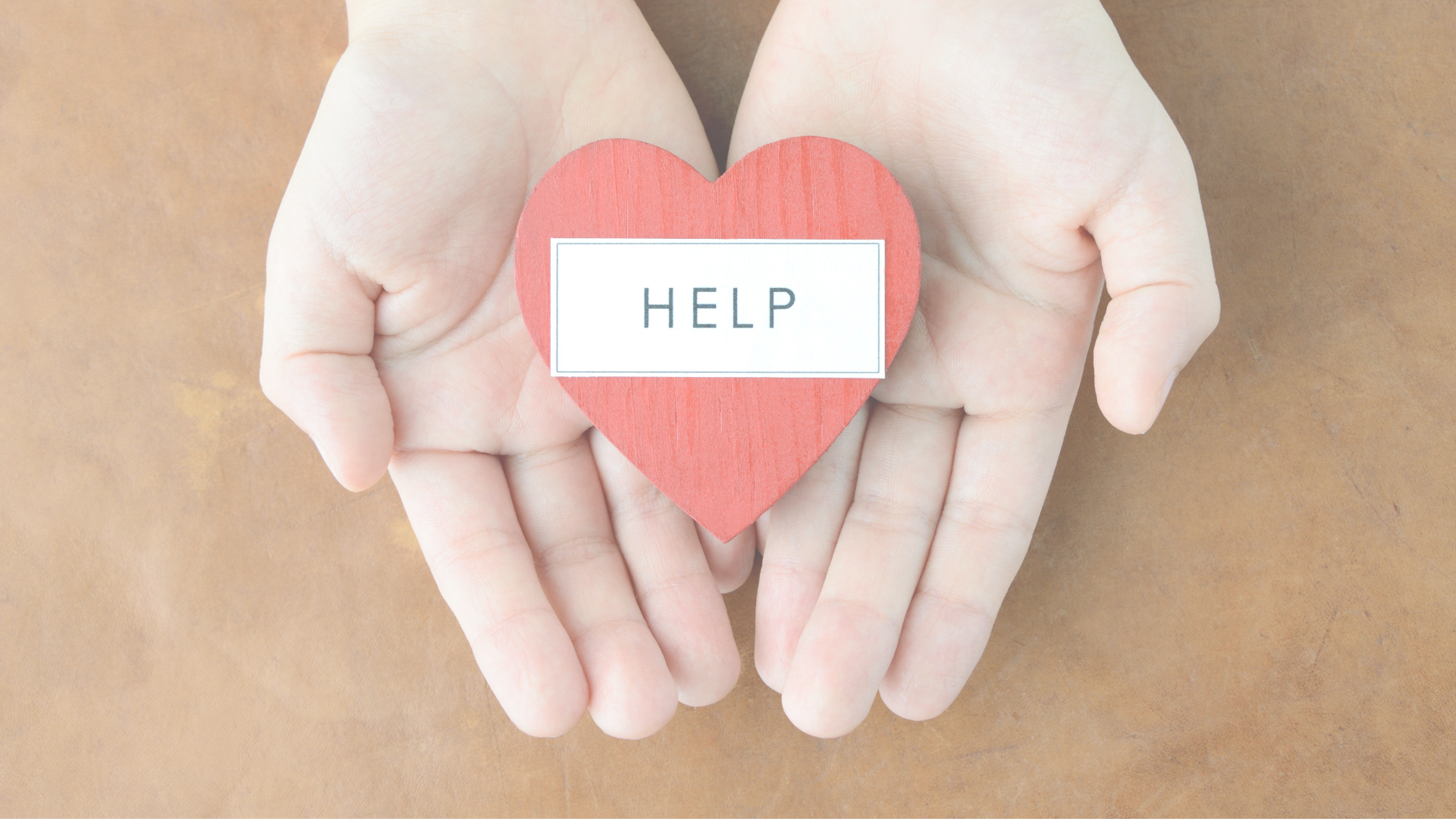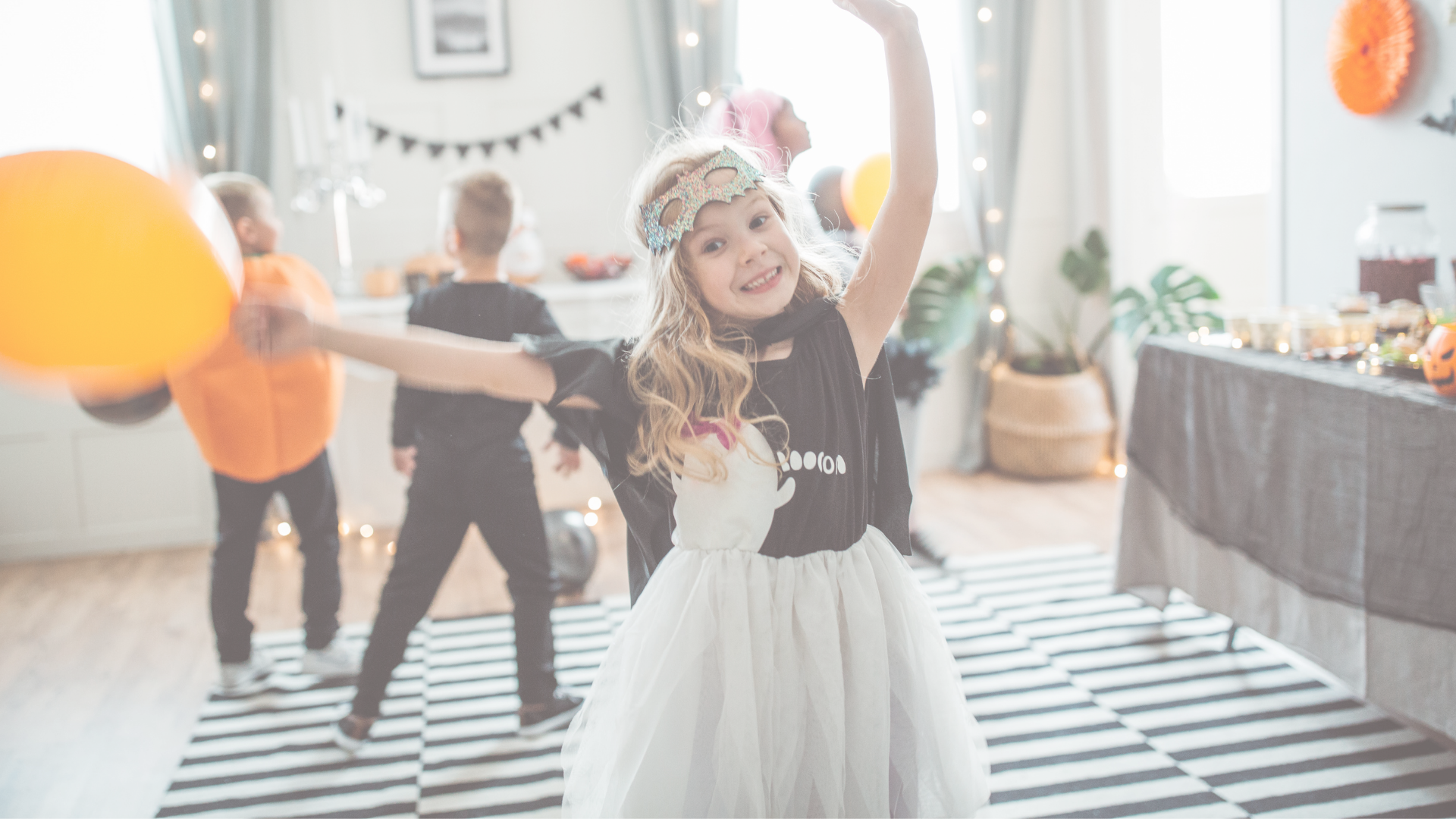Kelly Cervantes: Normal Broken
In this installment about motherhood and mental health, I’m sharing excerpts from a recent conversation I was privileged to have with disability advocate Kelly Cervantes.
Kelly Cervantes is mother to Jackson (10), “Strawbaby” (4), and Adelaide, who passed away right before her fourth birthday in October 2019. She serves as the board chair of the non-profit CURE Epilepsy. For her, this cause is personal; Adelaide was diagnosed with infantile spasms, a severe form of childhood epilepsy. Kelly writes a blog Inchstones about her experience, and she hosts CURE’s podcast Seizing Life. Her first book Normal Broken: The Grief Companion for When It’s Time to Heal but You’re Not Sure You Want to will be released later this year.
The following has been edited for brevity and clarity.
On getting a diagnosis
My daughter was diagnosed with epilepsy when she was seven months old, and then a couple of months later, that was followed up with an infantile spasms diagnosis. It can be treated in some children, but my daughter did not fall into that category. It resulted in major setbacks and additional health problems over the course of her life.
We never really found the actual diagnosis of what was causing my daughter's seizures and the multitude of her other diagnoses, but epilepsy was the symptom that affected our lives the most.
On the transition to a primary caregiving role
Around the time that my daughter was diagnosed with epilepsy, my husband booked the title role of Hamilton on Broadway for a month and then in the Chicago production, so we moved to Chicago.
Overnight, I went from being our family's primary breadwinner to being the caregiver for my daughter and my family as we went through this major transition.
I've spoken with a handful of people who have fallen into this caregiver role, and a lot of times it is abrupt like that. You see your parent, your child, your spouse getting worse, and you begin to realize that you do have to leave your job in order to care for this person you love.
I had to grieve that person I was in that job before I was fully able to even accept being a caregiver. If I had had to work and manage Adelaide’s care, I would have been miserable. There's no one else I would ever have trusted to care for her in that way. But that didn't mean it was easy to do.
On the challenges of caregiving
The early days were the hardest. I remember my husband was on stage getting a standing ovation at the end of every night. What he does is amazing, and he is incredibly talented, but he says the exact same words every single night. Here I was, administering meds and fighting with pharmaceutical companies and insurance companies, or negotiating with the doctors and trying to figure out her care, and reading white papers at two o'clock in the morning with a medical dictionary open in another window on my computer. Where was my standing ovation? No one's clapping that I somehow managed to get clean clothes in their drawer at the end of the day.
I didn't have any medical training. I was learning everything on the job as I went along. It is thankless, unobserved, unpaid work. And it's stressful. It's traumatic. You're making life and death decisions regularly. The stakes don't get higher than this.
Then I found a groove. I finally was able to compile a medical team that I trusted, that respected me, that listened to me, that spent time with Adelaide and really took her in and saw her as a whole person. The last few years that Adelaide was alive, I was incredibly proud of everything I learned. I would joke and say I had a PhD in Adelaide. No one knew her better than me. That's a double-edged sword. I loved being the expert on her, but also, no one knew her better than me, so that meant every decision rested on my shoulders.
On the importance of support and finding community
Support and recognition, even in small ways, make such a big difference in feeling seen and acknowledged. It’s friends who helped with rides to and from practices for my son without expecting an exchange of favors. Friends who were open, willing to learn, and not be scared. I could teach them basics of how to take care of Adelaide so I could maybe just go get my nails done down the street.
One of Adelaide’s conditions was mast cell activation, so she would get red and have difficulty breathing if there were any strong scents in a room. My friend would put away all of the candles and make sure we could be outside if she was cooking anything. Adelaide would overheat, so she would always make sure that she had a fan nearby. We could get out of the house and socialize because I knew that Adelaide would be safe there and her needs would be thought of.
I don't know how you do it long term without community and support. Sometimes it can be hard to find. Connect with individual people, go to expos around a specific disease, or maybe there are groups that are run through your hospital. It is so important to find those people who get it. It may not even have to be the same diagnosis that your loved one has. A lot of the challenging cases of being a caregiver are regardless of the age, the relationship, or the diagnosis of the person that you are caring for. It’s important to find those people in whatever way is easiest or most accessible for you.
On finding joy
If your child or your loved one is hurting or struggling, you think you don't deserve to be happy. But you do. You have to find those moments of joy because that's the only way you're going to stay sane and stay healthy in order to be able to care for them. There's nothing wrong with finding happiness amid really crummy situations. We have to do it to survive, and our loved ones want us to be happy. You deserve to have moments of happiness even amongst the struggle and the pain.
Trying to balance so many emotions and thoughts and feelings in your head at the same time is confusing, and it's stressful, and it's exhausting—and it's wonderful and beautiful and amazing and all the things all at once. There’s no such thing as a perfect caregiver or a perfect parent. We can’t be on all the time. We have to give ourselves time—whatever that looks like—to breathe and rest, recalibrate and refresh.
I got to see and experience a whole other world, another type of person. I was exposed to disability in a way that I hadn't been before, to the medical world, to medical complexities, to the frustrations but also the joy and the beauty of it—the real meaningful moments.
There's something really beautiful and amazing about being needed in that way, and being able to provide in that way, and I miss that.
On sharing her family’s story
I have written a blog called Inchstones since Adelaide was alive and then have continued it after her death. I originally started sharing our journey through my blog to help me process all of those contradictory emotions and to find people who felt the same way or experienced something similar.
More often than not caregivers are not around other caregivers, so it's hard to be able to connect with people who understand what your day-to-day looks like. It gave me the strength to keep going. I knew that by sharing our experience, it was helping other people to feel seen, and it was helping to raise awareness for epilepsy and epilepsy research. Science couldn't catch up to Adelaide, but maybe if we could raise more money, it could catch up and help the next family, and then all of Adelaide’s struggles in her short life didn't have to be in vain.
We could help another caregiver to not feel quite as isolated or give tips they can use to be a better caregiver, to take better care of themselves, and to ask for the help they need. That's how and why I do it and I keep doing it. There's power in sharing our stories.
On her work with CURE Epilepsy
In Chicago, I became connected with the nonprofit CURE Epilepsy. We really tried to use our platform with Hamilton to try and raise awareness around epilepsy and raise funds for epilepsy research.
CURE Epilepsy gave me a purpose in life outside of Adelaide when I was desperately needing it. I remember I reached out to the organization, and Susan Axelrod, the founder of the organization, came and met with me at the hospital. She was the first mother I met in person who understood what we were going through. Susan introduced me to a whole network of other families who also were walking this similar path.
The mission of CURE Epilepsy is epilepsy research. I felt so understood by this organization and passionate for the work. I am eternally grateful to that organization because they lifted us up after Adelaide passed away, and that community has continued to hold us up. Even though I don't have a family member that is currently affected by epilepsy, I still feel a part of that community and forever ingrained within it.
On remembering Adelaide
I got to have an incredibly special and meaningful relationship with her that most other people didn't, and my life is forever changed. We had our own way of communicating. She was nonverbal and non-mobile, but that didn't stop her from letting me know exactly what she wanted or more often than not, didn't want.
She was feisty. She loved Frank Sinatra, and she hated Baby Shark or any kids’ music. She was so responsive to music but very particular about what that music was. She enjoyed being read to. She loved being outside and going on walks. She was always so calm and peaceful. I could actually see on her pulse oximeter that her heart rate would go down every time we got outside. She was so much stronger than she should have had to have been.
She had all of these symptoms, these diagnoses, this medical equipment, these appointments, and therapies, but at the end of the day, she's still my daughter. I'm just so proud of her and love her.
Now, I can use my time and my energy to make Adelaide’s life have meant something. I hope that other people can be inspired by her or by the work that I put out into the world, so we can make a difference, and we can do good, and we can help another family who finds themselves in a similar situation.
And finally, a message to other caregivers
This is really hard. It's not fair, and it really sucks. You are in incredible company, and you are going to meet some of the most amazing people. Your life is about to be more fulfilled than you could have imagined.
That doesn't take away how hard this is and how much stress and pain is going to come along the way. It'll take time, but you're going to figure this out. In time, you will look back and be so proud of how far you and your loved one has come. It may not feel like it, but you will find a new normal, and you will find joy in that normal if you let yourself.



